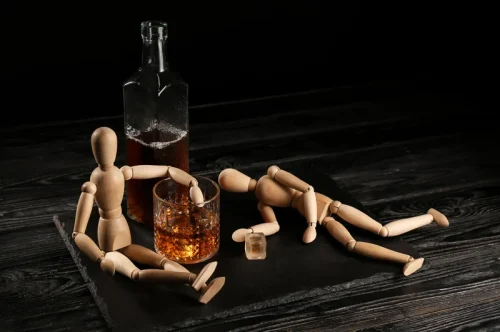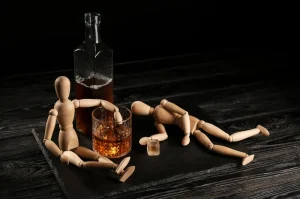
Share your work with trusted friends, family members, or fellow writers. Their feedback can provide valuable insights and help you see your story from different perspectives. Remember, the goal is to share your story, not air someone else’s dirty laundry. While this is your story, it’s likely that other people played significant roles in your journey. When writing about others, be mindful of their privacy.
- Sharing your personal story of recovery from addiction carries a very powerful and positive message.
- Explain how you’ve grown, both personally and in relationships.
- If you’re still in the early or middle stages of your recovery, resurfacing these feelings could become triggering and set you back in your journey.
- It is important to be honest about the reality of addiction and recovery.
- You could go the classic chronological route, starting from your first encounter with substances and working your way to the present.
The Therapeutic Tango: Writing Your Way to Healing

If you want to go the extra mile and have the skills to do so, write your story. From the first time you fell prey to addiction to the very moment you attained sobriety. Talking about your recovery journey can help other addicts understand that even at rock bottom, recovery from substance use disorder is attainable.
#1 – Introduction to Your Recovery Journey: Your Relationships With Drugs and Alcohol
- Share insights, resources, and words of wisdom that have guided you toward long-term recovery.
- Our Treatment Advisors are available 24 hours a day to help you or a loved one access care.
- You might want to use journaling prompts or create a list of topics to cover.
- Attending group therapy sessions provides a sense of camaraderie, reminding individuals that they are not alone on this journey.
- Struggling with drug addiction can often feel like an unchangeable part of one’s life story, a narrative that is seemingly written in indelible ink.
- What are the central themes or messages you want to cover in your story?
It is important to be honest about the reality of addiction and recovery. Addiction is a serious disease that can have devastating consequences, and recovery is a hard but incredibly rewarding journey. Throughout your post-addiction life, you will probably have many opportunities to share the insight you gained during your recovery journey. However, some people find it challenging to know what to share or how to share it. Before telling your story, try writing down your thoughts privately first.
Affordable, High-Quality Treatment
But stick with me here, because this is where the magic happens.
Looking for similarities of experiences is not uncommon and helps shape our lives and how we approach problems. There are many platforms you can consider, from personal blogs to recovery websites to published memoirs. You could even explore creating a podcast or YouTube channel if you’re feeling extra adventurous. Ah, the recovery process alcoholism treatment – a rollercoaster ride if there ever was one.
Know Your Audience: Tailoring Your Story for Maximum Impact
Someone in recovery may recall specific moments when they felt pride, regret, challenged, and a whirlwind of other emotions. They might remember days they felt alone and times they felt supported. Every story has an element of learning, coping, and overcoming. In addiction to alcohol and/or other substances, finding hope can be difficult. Given the absence of hope experienced by so many, your story of recovery is invaluable.

However, it’s important to do a little prep before you share for the first time. The process can be a bit nerve wracking but is ultimately rewarding and fulfilling. letter to my addiction To help you get started, I’ve found several dos and don’ts you can use as a guide for telling your AA story.


Your brain and logic can actually be a hindrance, as part or our wiring as humans is for our brains to find evidence to support our beliefs. You may get stuck in this onslaught of past failures, which leads to you giving up on your new intention. Because your brain went into “seek evidence” mode to illuminate this old (and untrue) story, it turns into a kind of self-fulfilling prophecy.

Refining the Details of Your Recovery Story
This is your chance to pass on the hard-earned wisdom that could make a difference in someone else’s life. Every good story https://ecosoberhouse.com/ has its turning points – those moments that change everything. Now, I’m no fancy-pants therapist, but I can tell you from personal experience that there’s something downright therapeutic about spilling your guts onto a page.